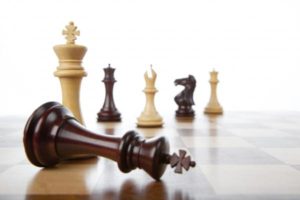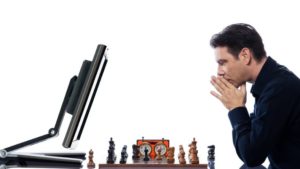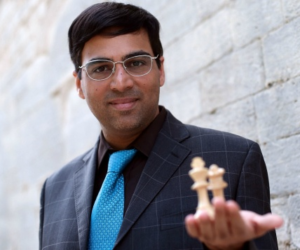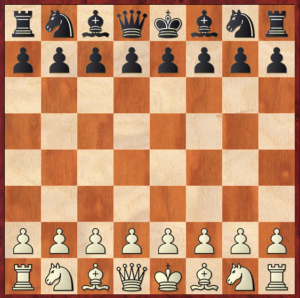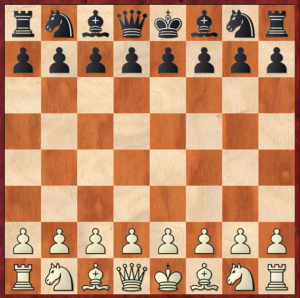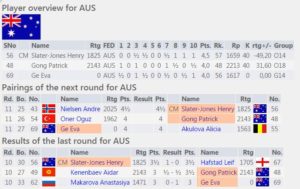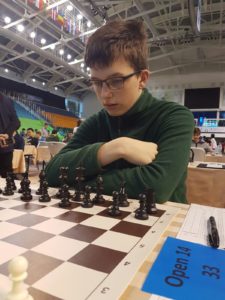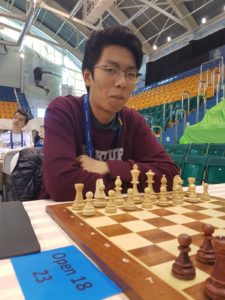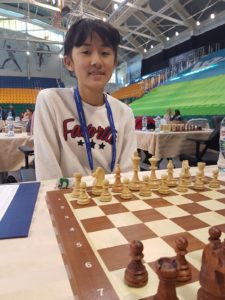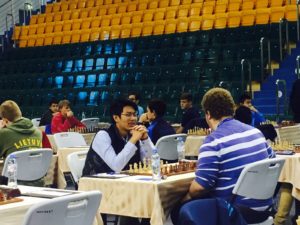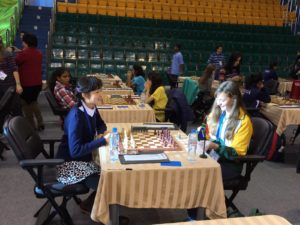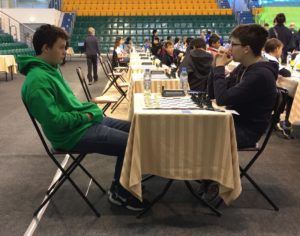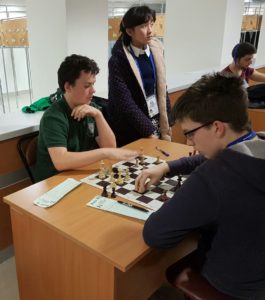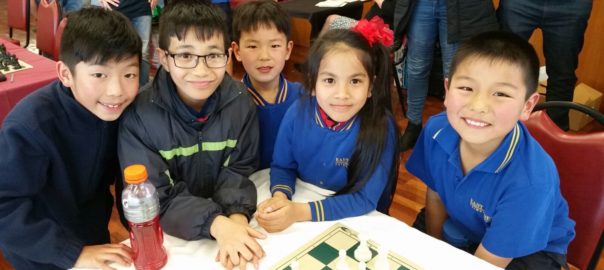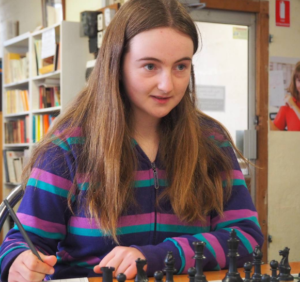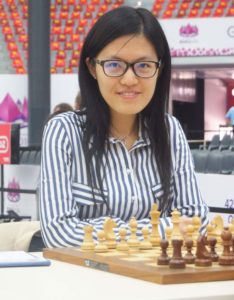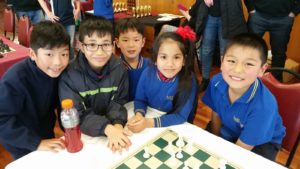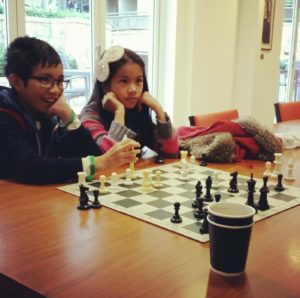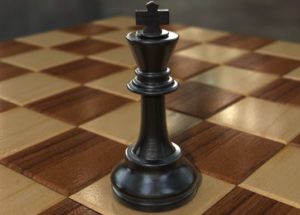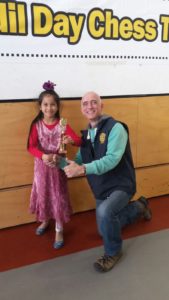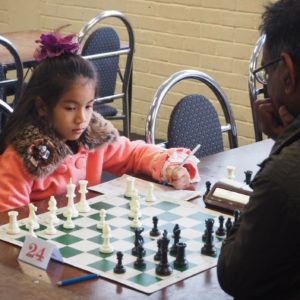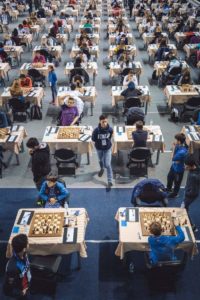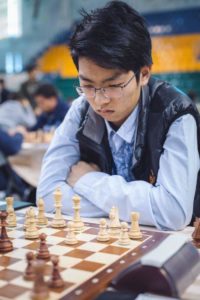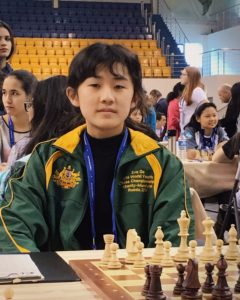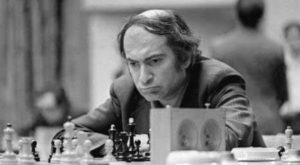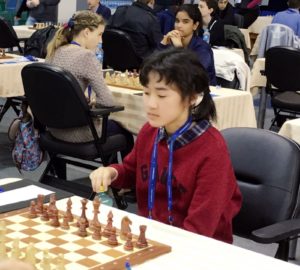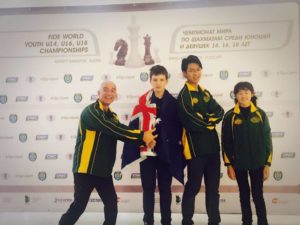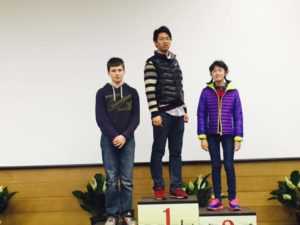Chess as a Teaching Tool: How we can make it work for our Primary School Curriculum
Recent events around the world and Europe particularly have convinced us at Chesslife (as if we needed convincing) that sharing some information about why we do what we do (and why we think it’s so important) is now more worthwhile than ever.
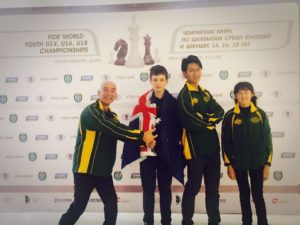
For all the teachers who have wondered, to all the parents who have thought about it, and to the students who are often unaware just how good chess is for their developing brains, here is something to get you started.
What do kids really get out of learning chess?
As a chess coach, I get a lot of questions from parents and prospective students about whether chess is the right educational tool for them. The biggest misconception I deal with is that only smart people can ever be good enough to learn anything from chess. This is simply not true.
I like to tell people about something that I’ve seen happen countless times in my 25 years of practice as a chess coach, and that is that chess is not for smart people, as some people might think. Actually, playing chess will make you smart, and that means socially, emotionally and, of course, intellectually.
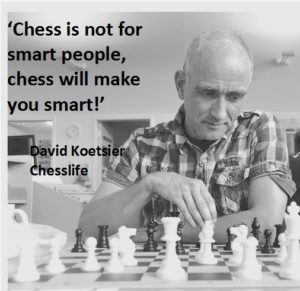
Many chess students around the world have seen these benefits first hand. But how does it work? And why are more and more countries introducing chess as a mandatory part of their school curriculum?
It’s true that studies have proven time and time again the link between quality chess coaching and improved mathematics, literacy and spatial reasoning. But the value of chess as an educational tool does not end there.
Queensland coaching company Gardiner Chess identifies the benefits of chess as belonging to two categories: educational and social. In the educational category there are benefits like improved IQ scores, memory and creativity, and reading and comprehension scores.

Social skills include learning about the consequences of our actions, winning and losing, team spirit and making friendships. To that list I would add taking responsibility for your own play, and learning to think objectively. After all, the only thing on the chess board that matters are the moves you play.
Also worth mentioning is the fact that chess is accessible and often particularly appealing to those on the autism spectrum and sometimes with other learning disabilities. Which is why we continue to support the Autism Friendly initiative by Autism SA.

In summary, in my experience as a chess coach I have seen its benefits directly. I have seen many children benefit from the cognitive challenge of formulating attainable goals and ultimately solving problems logically over the chess board.
What does chess in schools look like?
Why dedicate time and resources to teach thousands of kids what is ultimately just a board game (albeit a really cool one)? The reason is that chess can be adapted to teach, well, just about anything.
The truth is that chess is an educational tool, and that’s how it should be approached. Since 2011 when the European Union ratified an agreement to implement chess in every school, this has been the approach in many countries’ curriculum’s.
In the Netherlands, for example, where I learnt chess as a child, chess was integrated into school learning with classes just like any other core subject, such as mathematics.
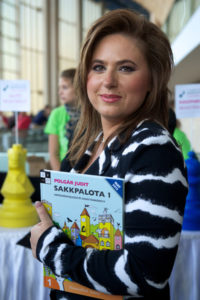
In Hungary, chess was introduced to the school curriculum thanks to the groundbreaking work of former World Women’s Number 1 Judit Polgar, who has designed a system whereby chess is used as a classroom tool. The system, called Chess Palace, is an integrative approach that uses different chess pieces to represent patterns in mathematics, languages and even music.
The pieces have fun names like Jumpy Horse and Tiny Pawn, and by all accounts make subjects like history a more engaging learning experience for kids. The program is taught by regular teachers, emphasizing the point that learning chess is not just about being great at a mind sport, but about learning quite adult skills.
For example, it’s about learning your limits and pushing them, about patience and planning, strategising, and most importantly concentrating, sometimes for impressively long times.
To give another example of a country embracing the chess as an educational tool philosophy, the Polish Chess Federation announced in June that from September 2017 chess will be taught in every Polish elementary school. Ten thousand teachers are currently being trained for that purpose, and that’s 400,000 children who will benefit from the educational benefits of learning chess.

In Australia, so far, calls for chess to be included in the school curriculum have largely been ignored.
For now, parents who want their kids to experience the amazing brain boosting benefits of the world’s oldest board game can do so by petitioning their schools to start a chess club!
